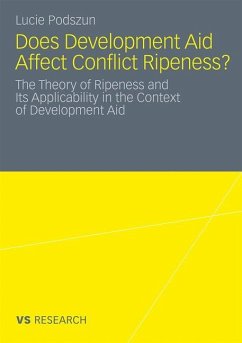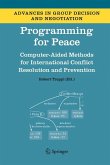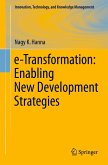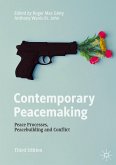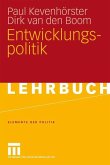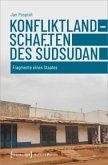Many developing countries find themselves in seemingly intractable internal conflicts, hindering them from moving on into a more stable, secure and wealthy environment. It seems that underdevelopment and conflict go hand in hand. Underdevelopment most often implies large streams of development aid channeled into countries at war. The work evaluates to what extent an increase in development aid affects conflict ripeness. The research shows that the effect is ambivalent: it depends on the conditions of provision whether it is positive or negative. In general, an 'increase in development aid' decreases the intensity of one of the ingredients to conflict ripeness: the mutually hurting stalemate. However, if embedded into a smart strategy, an 'increase in development aid' enhances the second ingredient to conflict ripeness: the sense of a way out. By that it counterbalances the negative effect and thus fosters the phase of ripeness, creating an ideal starting position for a subsequentpeace process.
Bitte wählen Sie Ihr Anliegen aus.
Rechnungen
Retourenschein anfordern
Bestellstatus
Storno

